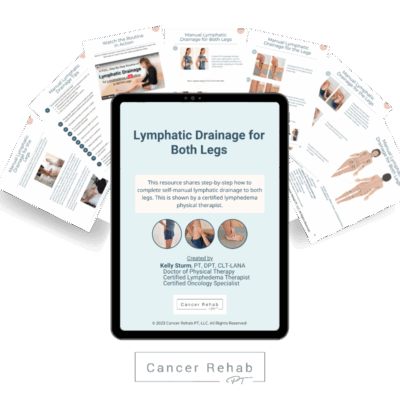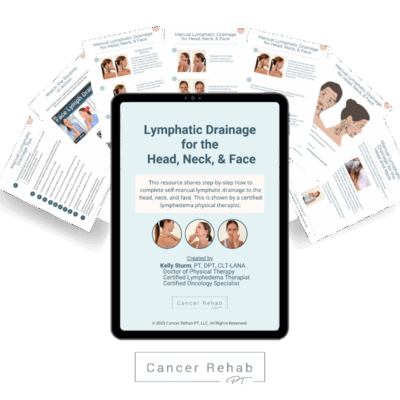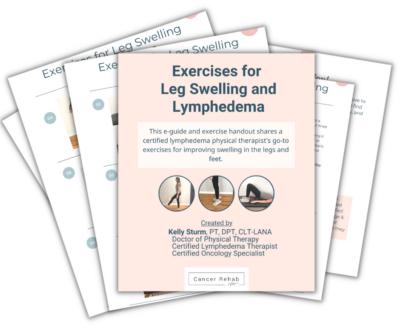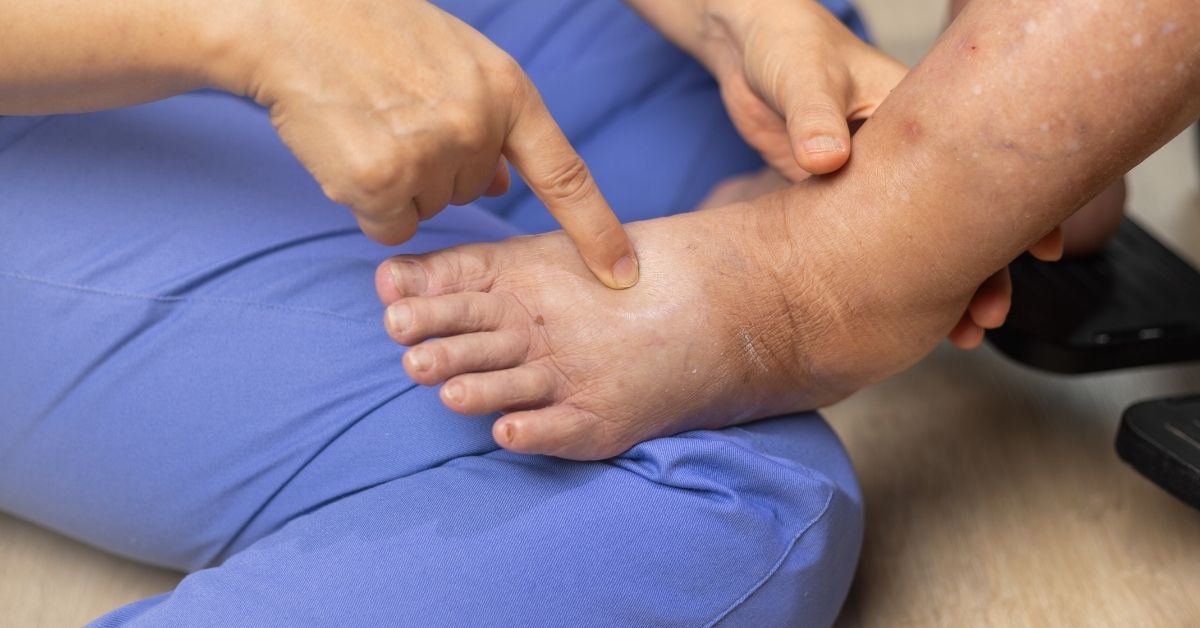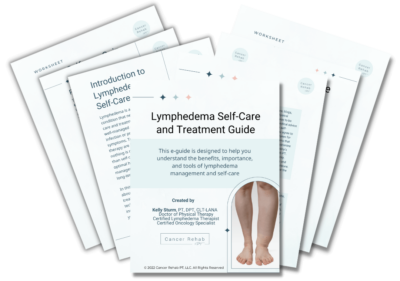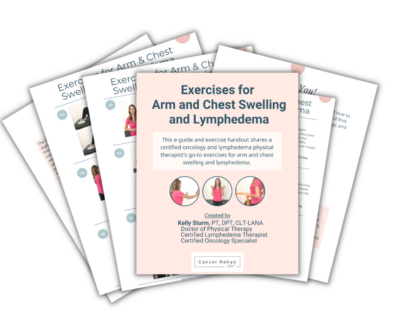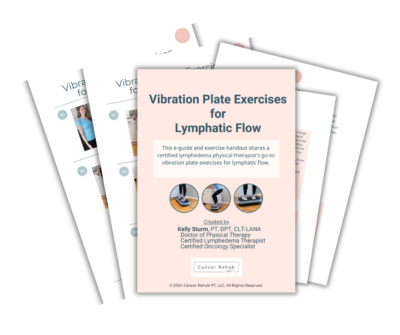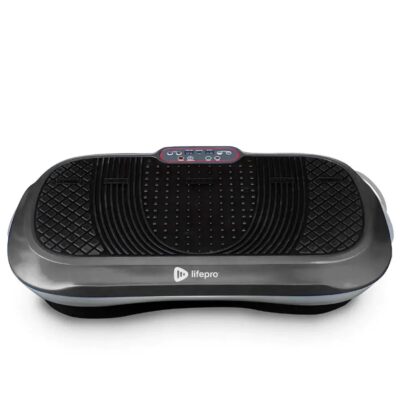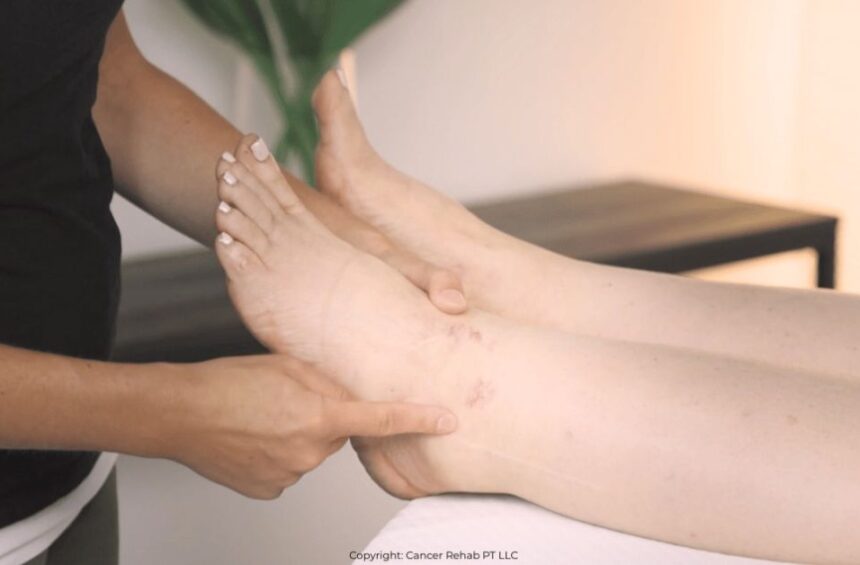As a certified lymphedema therapist, I’m often asked whether a lymphedema diet can help reduce swelling. While there’s no single proven diet that eliminates lymphedema symptoms, certain dietary approaches may offer benefits for some people.
Weight loss, intermittent fasting, and anti-inflammatory foods could potentially help manage swelling when combined with traditional lymphedema treatments.
What Is Lymphedema?
Lymphedema is a chronic condition that causes swelling. This swelling typically affects your arms, legs, or other parts of your body, such as your pelvic area in the case of genital lymphedema.
The swelling develops because your lymphatic system can’t properly drain fluid from your tissues. Cancer treatment is the most common cause of lymphedema, particularly after lymph node removal or radiation therapy. However, infections, injuries, or genetic factors can also lead to this condition.
Researchers estimate that up to 250 million people in the world are currently living with lymphedema and chronic swelling, with an estimated 10 million in the US.
Unfortunately, there’s no known cure for lymphedema.
However, it can be effectively managed through various treatment approaches, including manual lymphatic drainage, compression therapy, and proper lymphedema self-care, which includes your diet.
Does Diet Affect Lymphedema?
Research suggests that your diet may influence lymphedema symptoms, though the connection isn’t fully understood yet. Your food choices can affect inflammation levels, fluid retention, and overall circulation, which are all factors that may impact lymphatic function.
The most well-studied connection between diet and lymphedema involves body weight.
Excess weight puts additional pressure on your lymphatic system, potentially worsening swelling. In my experience treating patients with lymphedema, one of the best things you can do for long-term lymphedema management is to stay at a healthy body weight.
Some people also notice that certain foods or approaches seem to trigger or reduce swelling.
However, the relationship between diet and lymphedema appears to be highly individual, so approaches that work for one person may not work for you.
For example, there is research that suggests that the keto diet might help reduce lymphedema swelling, but further studies are required to substantiate these findings, and keto may or may not be the right lymphedema diet for you.
How to Stop Lymphedema from Getting Worse?
You can prevent lymphedema from getting worse with proper treatment and long-term management. All lymphedema stages respond to treatment, but in the early stages, it’s even sometimes possible to naturally reverse the swelling.
The primary treatment for lymphedema is Complete Decongestive Therapy (CDT), which combines manual lymphatic drainage, compression therapy, exercise, and skin care.
As a certified lymphedema therapist, I use CDT with my patients in the clinic, and I’ve seen how effective it can be when done consistently.
Once your swelling is under control with CDT, you’ll transition to long-term self-care to maintain your results. This daily routine typically includes wearing compression garments, lymphatic drainage massage, being active, and maintaining good skin hygiene.
What Is the Best Diet for Lymphedema?
There’s no single best lymphedema diet that works for everyone. Current research doesn’t point to one specific approach as the definitive solution for managing swelling.
However, the most promising areas of research focus on weight management, reducing inflammatory response, and, potentially, intermittent fasting.
Lymphedema diet to lose weight
Maintaining a healthy weight is one of the most important things you can do for lymphedema management.
Research shows that high body mass index correlates with lymphedema onset, and weight loss has been proven to reduce breast cancer-related lymphedema.
Extra weight puts additional pressure on your lymphatic system, making it harder for lymphatic fluid to drain. When you carry excess weight, your lymphatic vessels have to work against more resistance, which can make swelling worse and more difficult to manage.
The good news is that even modest weight loss, such as just a few pounds, can make a meaningful difference in how your lymphedema feels and responds to treatment.
To lose weight, you need to create a sustainable calorie deficit by eating fewer calories than your body burns. This can be achieved by:
- Reducing portion sizes
- Choosing nutrient-dense foods that keep you satisfied
- Combining healthy eating with regular physical activity
Weight loss is helpful for both primary lymphedema (generic or inherent) and secondary lymphedema. However, your calorie deficit shouldn’t be too excessive.
Anti-inflammatory diet for lymphedema
Chronic inflammation can make lymphedema symptoms worse. An anti-inflammatory diet focuses on foods that help reduce inflammation in your body, which, in turn, may help reduce swelling.
Anti-inflammatory foods include:
- Fatty fish that are rich in omega-3 fatty acids
- Leafy green vegetables (spinach, kale)
- Berries
- Nuts and seeds
- Olive oil
- Colorful fruits and vegetables
- Whole grains (quinoa, brown rice)
- Lean proteins (chicken, fish)
- Green tea
- Healthy fats like avocado
At the same time, you’ll want to avoid inflammatory foods, such as processed meats, refined sugars, white bread and pasta, fried foods, and foods high in trans fats.
These foods can increase inflammation in your body, potentially making lymphedema symptoms worse and leading to weight gain.
While anti-inflammatory foods may help manage lymphedema, they’re also part of a healthy diet for virtually everybody, not just people with lymphedema. For example, consuming lean proteins and avoiding unhealthy fats is a general recommendation for everyone.
Intermittent fasting
Intermittent fasting is cycling between periods of eating and fasting. Common approaches include eating within an 8-hour window each day or fasting for 24 hours once or twice per week.
There’s some evidence to suggest that intermittent fasting may help reduce inflammation and support weight loss, both of which could benefit your lymphatic health.
However, intermittent fasting doesn’t work for everyone.
Some people feel weak or dizzy when fasting, and it may not be appropriate for you. Always consult with your healthcare provider before starting any fasting regimen, especially when managing a chronic condition like lymphedema.
Lymphedema Diet and Exercise
Exercise plays a very important role in lymphedema management because it helps your muscles pump lymph fluid through your system. When you move your body, your muscle contractions encourage lymphatic drainage and reduce swelling.
Lymphedema diet and exercise work together to support your lymphedema care.
Both help with weight management, which reduces pressure on your lymphatic system. Exercise burns calories, and a healthy diet gives your body nutritious fuel.
With lymphedema, what I recommend to my patients is focusing on low-impact exercise like walking, swimming, gentle yoga, and lymphatic drainage exercises your lymphedema therapist may teach you.
Rebounder workouts and vibration plate exercises can also be helpful, and there’s a lot of anecdotal evidence that these routines help with lymphatic drainage and lymphedema-related symptoms.
If you’re not sure where to start, try these lymphedema exercise routines:
How to Reverse Lymphedema Naturally?
In the early stages of lymphedema, comprehensive treatment can sometimes help reverse visible swelling. This is most likely to happen in Stage 0 or Stage 1 lymphedema, when the condition is caught early and treated right away.
However, “natural reversal” becomes less likely as lymphedema progresses to later stages. People with Stage 2 and Stage 3 lymphedema typically won’t see a complete reversal of swelling, though symptoms can still be significantly improved with physical therapy and healthy habits.
FAQs
What is the best thing to eat for lymphedema?
There’s no one best food or eating approach for lymphedema, but focusing on a balanced, anti-inflammatory diet can be helpful for overall management. Anti-inflammatory foods like fatty fish, leafy greens, berries, and nuts may help some people manage their symptoms, but they work as part of a comprehensive lymphedema treatment and self-care routine. They’re not isolated “superfoods.”
Does walking help lymphedema?
Yes, walking is one of the best exercises for lymphedema management. It’s a safe, low-impact exercise that helps pump lymph fluid through your system. Like any other physical activity, it also burns calories, which helps with weight management alongside a nutritious diet.
What foods are good for lymph drainage?
There are no specific foods that have been clinically proven to drain lymph fluid from your body. That’s the job of your lymphatic system. However, foods that support your immune system and reduce inflammation may help your lymphatic system work better. These include fatty fish rich in omega-3s, colorful vegetables, fruits high in antioxidants, whole foods, and plenty of water for proper hydration.
Are bananas good for lymphatic drainage?
Bananas don’t specifically improve lymphatic drainage, but they can be part of a healthy diet for people with lymphedema. They provide potassium, which helps with proper fluid balance, and natural sugars for energy. However, no single food, including bananas, will significantly impact your lymphedema symptoms. Instead of focusing on individual foods, try eating a balanced diet with plenty of fruits, vegetables, and lean proteins. Bananas can definitely be a part of that.
What are anti-inflammatory foods?
Anti-inflammatory foods contain compounds that help reduce inflammation in your body. These include fatty fish like salmon, colorful fruits and vegetables (packed with antioxidants), nuts, seeds, olive oil, and spices like turmeric and ginger. In turn, processed foods like packaged snacks and margarine can increase inflammation.
Can you eat eggs when you have lymphedema?
Yes, eggs are generally fine for people with lymphedema and can be part of a healthy, balanced diet. Eggs provide high-quality protein and important nutrients. Some people might notice that certain foods seem to affect their swelling, so consider keeping a food diary to track any patterns you notice if you’re concerned about eating eggs.
What foods aggravate lymphedema?
Foods that trigger inflammation can make lymphedema symptoms worse. These typically include highly processed foods, refined sugars, fried foods, processed meats, and foods high in trans fats. Food triggers can also be highly individual, and what affects one person may not affect another.
If you suspect that certain foods make your swelling worse, try eliminating them for a few weeks and see if you notice improvements.
What snacks are good for lymphedema?
Healthy snacks for people with lymphedema are anti-inflammatory and nutrient-dense options, such as mixed nuts and seeds, fresh berries, vegetables with hummus, Greek yogurt with fruit, or a small piece of fatty fish like salmon.
Avoid heavily processed snacks, chips, cookies, and other foods high in inflammatory ingredients. Also, remember that portion control is important for weight management, which is one of the most important dietary factors for lymphedema care. A snack is a snack, not a full meal.
Resources to Help with Lymphedema Swelling
Unfortunately, many people living with lymphedema struggle to get high-quality, ongoing care to manage their symptoms. Seeing a certified lymphedema therapist often isn’t accessible because of geographical location, time, and/or cost.
As a certified lymphedema therapist, I’ve seen many patients in the physical therapy clinic who’ve had to live with swelling for years before they were able to get meaningful help.
This is why I decided to share my expertise online on my YouTube channel and through my virtual programs, Lower Body Lymphedema Rehab and Breast Cancer Rehab.
Inside, you’ll find supportive education, exercises, and evidence-based physical therapy techniques I use with my patients to manage swelling and other lymphedema symptoms.




